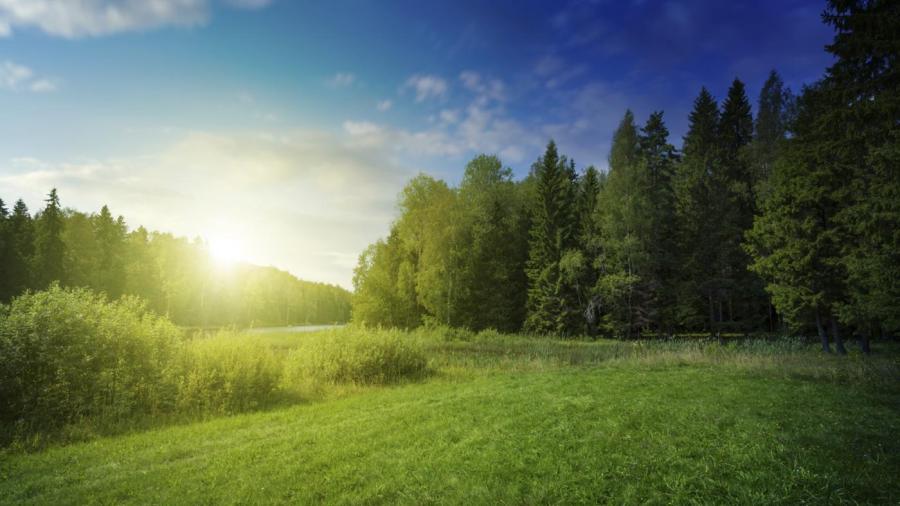What Is the Definition of Land Conservation?

Land conservation has several meanings, depending on the context. In terms of statistics, land conservation refers to the correct water flow over agricultural land that minimizes loss of sediments in the soil. Land conservation can also refer to the planting of trees, or the setting of an easement around industrial-use land (combined with protected forests), which helps to reduce atmospheric carbon, and keep the property in pristine condition.
Land conservation through easements and trusts allows landowners to preserve sections of their land for conservation purposes. Certain rights are given up with a legal easement or trust, such as the right to develop the property later. Future owners, or heirs to the trust, are bound by the same legalities. Easements and trusts donated for conservation can have tax-deduction benefits in the United States.
Reducing erosion is another method to conserve land. Contour buffers between crops, contour farming on slopes and cover crops all help preserve agricultural land. Buffers work for gradual slopes. Contour farming plants crops in rows on slopes in such a way that water running downhill is utilized by crops lower on the hill. Cover crops are winter crops seeded in early fall to prevent erosion during winter months. Cover crops hold soil over the winter, while suppressing weeds that may survive colder temperatures.





